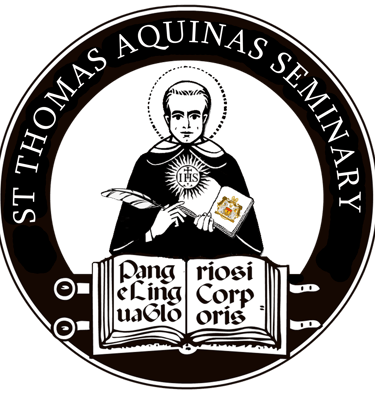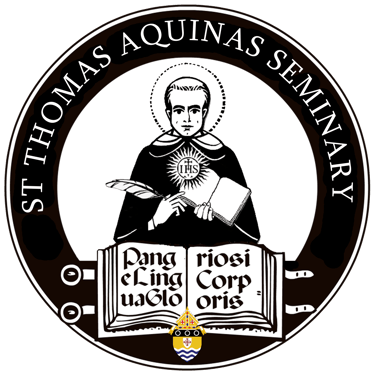Key Questions for Prospective Seminarians
Embarking on the journey of discerning the permanent diaconate or priesthood is a profound and transformational process. The decision to become a deacon or priest involves not only professional aspirations but also deep personal reflections on faith, commitment, and community. As part of this discernment process, it is essential to engage prospective seminarians through thoughtful questioning. Explore this document for a comprehensive framework, a questionnaire that balances professional insights with personal experiences, ultimately assisting in the evaluation of candidates committed to serving in the Old Catholic Church tradition.
Personal Faith Journey
1. Can you describe your spiritual journey and what led you to consider the priesthood?
a. This question encourages candidates to share their background, including significant experiences that have shaped their faith.
2. How would you articulate your relationship with God?
a. Understanding a candidate's perception of their connection with God provides insight into their spiritual depth.
3. What role does prayer play in your daily life?
a. Personal practices of prayer can reveal a seminarian's commitment to spiritual growth.
4. Are there particular saints or spiritual figures that have influenced your vocation? If so, how?
a. This question allows candidates to demonstrate their appreciation for the broader tradition of the Church.
Understanding of the Priesthood
5. What do you believe is the essential role of a priest in today’s Church?
a. This response can show understanding of both spiritual guidance and community service.
6. How do you envision your ministry impacting the community?
a. Insight into their vision for pastoral care helps in discerning their intentions.
7. What challenges do you foresee in priestly ministry, and how do you plan to address them?
a. Candidates should be aware of potential obstacles and have strategies for overcoming them.
8. What experiences have you had in serving your parish community or broader Church?
a. Practical experiences can deepen understanding and empathy for the role.
Moral and Ethical Considerations
9. How do you approach ethical dilemmas in your life? Can you provide an example?
a. This question explores decision-making processes and moral reasoning.
10. What are your thoughts on contemporary social issues, and how do they relate to the teachings of the Church?
a. Understanding a candidate's social consciousness is critical in today’s diverse world.
11. How would you handle a situation where your personal beliefs differ from official Church doctrines?
a. Their response can unveil personal integrity and a commitment to pastoral responsibility.
Community and Relationships
12. How do you plan to foster relationships within the parish community?
a. The ability to connect with others is fundamental to effective ministry.
13. Can you discuss your understanding of the importance of collaboration with fellow clergy and laypeople?
a. This reveals their approach to teamwork within the Church structure.
14. What insights have you gained from working with diverse groups of people?
a. The candidate should demonstrate the ability to appreciate and respect diversity.
15. Describe how you communicate with individuals who have questions or doubts about their faith.
a. This tests their pastoral care skills, which are vital in addressing parishioners' concerns.
Personal Challenges and Growth
16. What are some personal weaknesses you are working to improve as you prepare for the priesthood?
a. Self-awareness and the desire for growth are important characteristics of a good leader.
17. How do you manage stress and maintain a sense of balance in your life?
a. Emotional resilience is crucial for the demanding lifestyle of a priest.
18. Can you share an experience of failure or disappointment, and what you learned from it?
a. The ability to learn from failure is a key indicator of growth and maturity.
Theological Knowledge and Education
19. What theological topics are you most passionate about, and why?
a. Candidates should articulate interests that reflect their commitment to intellectual growth.
20. How do you plan to continue your theological education post-seminary?
a. Lifelong learning is crucial for adapting to changing cultures and contexts.
21. What biblical passages resonate with you most deeply? How do they inform your views on ministry?
a. Understanding their scriptural preferences can reveal their theological foundations.
Future Aspirations
22. What are your goals for your early years in the priesthood?
a. Setting professional aspirations demonstrates foresight and planning.
23. Where do you see yourself in ten years within the Church?
a. Understanding their long-term vision can aid in assessing their commitment to continuous contribution.
24. Are there any particular ministries (e.g., academic, social justice, youth, etc.) that you feel called to?
a. This identifies areas of passion that could drive their ministry.
Considerations
The decision to enter the seminary is one of great significance, not only for the individual but for the Church community at large. Asking well-rounded questions found here, such as those that explore personal faith, an understanding of the priesthood, ethical considerations, community engagement, and future aspirations can provide valuable insights into the candidate’s readiness for the journey ahead. By approaching these discussions with both professionalism and compassion, we can nurture a supportive environment for those discerning the sacred vocation of priesthood.
The path to the priesthood is a journey of self-discovery, and through careful dialogue, we can help candidates understand their vocation and its profound implications for themselves and the communities they seek to serve.


St Thomas Aquinas Seminary
Online courses for the formation of deacons and priests in the Independent Catholic Movement.
© 2025. All rights reserved.
Leadership Team
Rector:
Academic Dean:
Archbishop Chris Oliver DD, Th.D, D.Min, DBS, D.C.C
Archbishop Felix Gibbins OSB Cam


